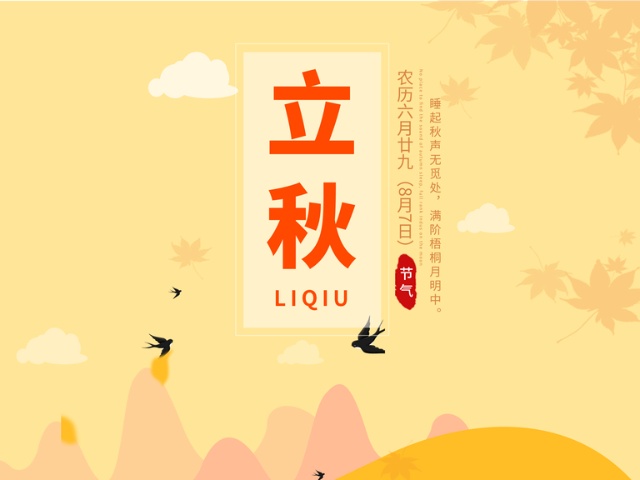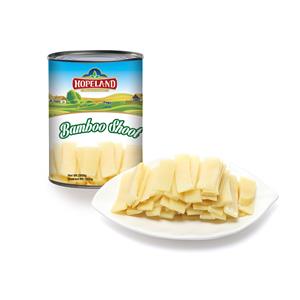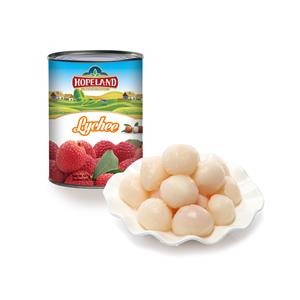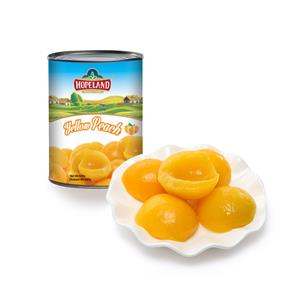Today is the Start of Autumn: One Leaf Falls, and All Know Autumn is Here
Today is Li Qiu (立秋), the 13th solar term in the traditional Chinese calendar and the first of the autumn season. It falls annually between August 7 and 9, marking a subtle yet significant shift in the rhythm of the natural world.
While the summer heat often lingers after Li Qiu, the arrival of this solar term signifies a gradual transition toward cooler, crisper days. In traditional Chinese wisdom, it is said, “A rain in autumn brings a drop in temperature.” Though the intense heat may not retreat immediately, the Earth is already leaning toward autumn’s embrace.
The Season of Li Qiu: Nature’s Turning Point
Li Qiu occurs when the sun reaches 135 degrees of celestial longitude, typically on August 7 or 8 each year. The term “Li” (立) means “beginning,” and “Qiu” (秋) refers to “autumn”—a season associated with the ripening of crops and the preparation for harvest.
An ancient Chinese text, The Explanation of the Seventy-Two Seasonal Divisions, explains:
“Autumn means gathering. It is the season when all things reach maturity and begin to be harvested.”
The classic division of Li Qiu into three pentads (or mini-seasons) offers a poetic description of its natural phases:
The cool breeze arrives (一候凉风至)
White dew begins to appear (二候白露生)
Cicadas sing their final songs (三候寒蝉鸣)
These phases represent a transition—not only of temperature, but also of atmosphere. Summer’s vibrance softens into a more reflective, mature calm.

A Folk Tale of Seven Suns and Three Brave Women
Among the many legends associated with Li Qiu, one particularly moving folk story tells of a time when seven suns once hung in the sky. In those days, flowers never wilted, crops were harvested seven times a year, and life was bountiful. However, a malevolent spirit—an owl demon that hated sunlight—began plotting against the heavens.
The demon eventually transformed into an iron-beaked eagle man and shot down six of the seven suns. Darkness fell over the world. Plants withered, people despaired, and chaos reigned. Desperate for light, the people selected three brave Yi minority women, known for their wisdom and courage, to find the last sun.
The journey was long and arduous. They crossed countless mountains and rivers, growing older as they searched. Their once-black hair turned white and dragged on the ground. Finally, they encountered an old man who told them they must wait until Li Qiu, when a young man on horseback would appear—he was the lost sun.
On the day of Li Qiu, the man did arrive, but by then the women were weak and frail. They pleaded with him:
“O Sun, you cannot leave us again. Without you, flowers won’t bloom, crops won’t ripen, and animals won’t grow strong.”
In that moment, the ground beneath them rose to form three great mountains, lifting the sun back into the sky. From that day on, people celebrate Li Qiu by singing and dancing, honoring the three women who brought the light of autumn back to the Earth.
Climate Patterns of Li Qiu Across China
China’s vast landscape means that Li Qiu manifests differently across regions. In northern areas, signs of autumn may start to appear, while southern provinces often continue to experience sweltering heat.
This period still overlaps with the end of San Fu Tian (三伏天)—the hottest phase of summer, especially the “late Fu,” which typically falls around three days after Li Qiu.
Traditional Chinese medicine refers to this time as “long summer” (长夏), characterized by residual heat and high humidity. In southern China, without the cooling relief of typhoon rains, temperatures can remain oppressive.
An old saying goes:
“The heat after autumn can be deadly.” (秋后一伏热死人)
Despite its name, Li Qiu is not yet a full escape from summer. Crops like rice, corn, soybeans, cotton, and sweet potatoes are at critical stages of growth and require abundant water. Drought at this time can severely impact harvest yields. Hence the folk wisdom:
“Three autumn rains turn empty grain into full rice.”
Health and Wellness During Li Qiu
Though temperatures remain high, the arrival of Li Qiu introduces a new climate dynamic. The body, which has endured the taxing heat of summer, becomes more susceptible to dryness and fatigue. Thus, heat relief and hydration must continue even after Li Qiu.
Seasonal Health Tips:
Keep cooling: Continue to protect yourself from sunstroke and high humidity.
Hydrate wisely: Drink plenty of warm water to counteract autumn dryness.
Eat to nourish yin: Foods such as lily bulbs, tremella mushrooms, black fungus, and pears are ideal for moisturizing the lungs and throat.
Guard your emotions: The seasonal transition may suppress metabolism and affect mood. Light physical activity like walking or jogging can lift spirits.
Best time for exercise: Mornings after Li Qiu are particularly pleasant—neither too hot nor too cold, making them perfect for gentle workouts.
Dietary Principles:
Traditional dietary wisdom for Li Qiu emphasizes “less spicy, more sour.”
Reduce intake of spicy, fried, and dry foods, such as garlic, chili, alcohol, and processed snacks.
Favor sour and gentle-tasting fruits and vegetables, which support the liver and calm the body.
Highlight seasonal ingredients with “light tonic” properties like:
Eggplant
Lotus root
Mung bean sprouts
Loofah, cucumber, winter melon, and bitter melon
These help dispel heat, eliminate dampness, and prepare the body for the cooler days ahead.
Customs and Traditions of Li Qiu
Over the centuries, Li Qiu has evolved into a seasonal festival rich in symbolism and ritual.
1. The Li Qiu Festival (立秋节)
Also called the “Seventh Month Festival”, this day was once a state ceremony in ancient China. During the Zhou Dynasty, the emperor would personally lead high-ranking officials to the western suburbs to “welcome autumn”, offering sacrifices to seasonal deities.
In the Tang Dynasty, the tradition expanded to include sacrifices to the Five Emperors of Heaven. By the Song Dynasty, people began wearing Catalpa leaves as seasonal charms. Some crafted decorative hairpins from red photinia leaves, while others swallowed seven red beans for good luck—a tradition documented in The Seasonal Customs of Lin’an.
The Qing Dynasty introduced the custom of weighing oneself during Li Qiu and comparing it to body weight from Li Xia (the Start of Summer) to observe summer weight loss.
2. Drinking “Well Flower Water” (井华水)
In ancient times, water drawn from newly dug wells or those connected to distant underground springs was believed to have health benefits. The first water drawn at dawn on Li Qiu, known as “well flower water”, was considered especially pure and able to detoxify and improve digestion. After boiling, it was drunk on an empty stomach to clear internal heat and promote regularity.
3. “Sticking Autumn Fat” (贴秋膘)
This humorous and popular tradition comes from the notion that people often lose weight during summer due to heat, poor appetite, and lighter meals. Come autumn, appetites return, and so the custom of “sticking autumn fat” emerged.
On the day of Li Qiu, people weigh themselves and then indulge in hearty meals—braised pork, roasted meats, and stews—to make up for summer deprivation. This symbolic act of “adding fat” signals a seasonal rebalance of nutrition and energy.
4. “Gnawing Autumn” (啃秋 / 咬秋)
In northern cities like Tianjin, people eat watermelon or muskmelon on Li Qiu, a practice called “gnawing autumn” (or “biting autumn”). It represents conquering the relentless heat of summer.
In Zhejiang, watermelon is eaten with rice wine, believed to prevent malaria. In the countryside, farmers celebrate more robustly—gathered in shade or melon fields, they feast on watermelons, fragrant melons, sweet potatoes, and corn, expressing joy in the approaching harvest.
Conclusion: A Gentle Goodbye to Summer
Li Qiu may not bring immediate relief from summer’s heat, but it offers a spiritual and agricultural pause—a signal to rest, reflect, and prepare for the months ahead. Whether through folk rituals, traditional foods, or moments of quiet observation, the beginning of autumn reminds us of nature’s cycles and our place within them.
“When one leaf falls, all things know that autumn has come.”
As we celebrate Li Qiu, let us honor the subtle transitions in life, the courage of ancient legends, the wisdom of seasonal living, and the joy of a well-earned harvest.
Happy Li Qiu!




